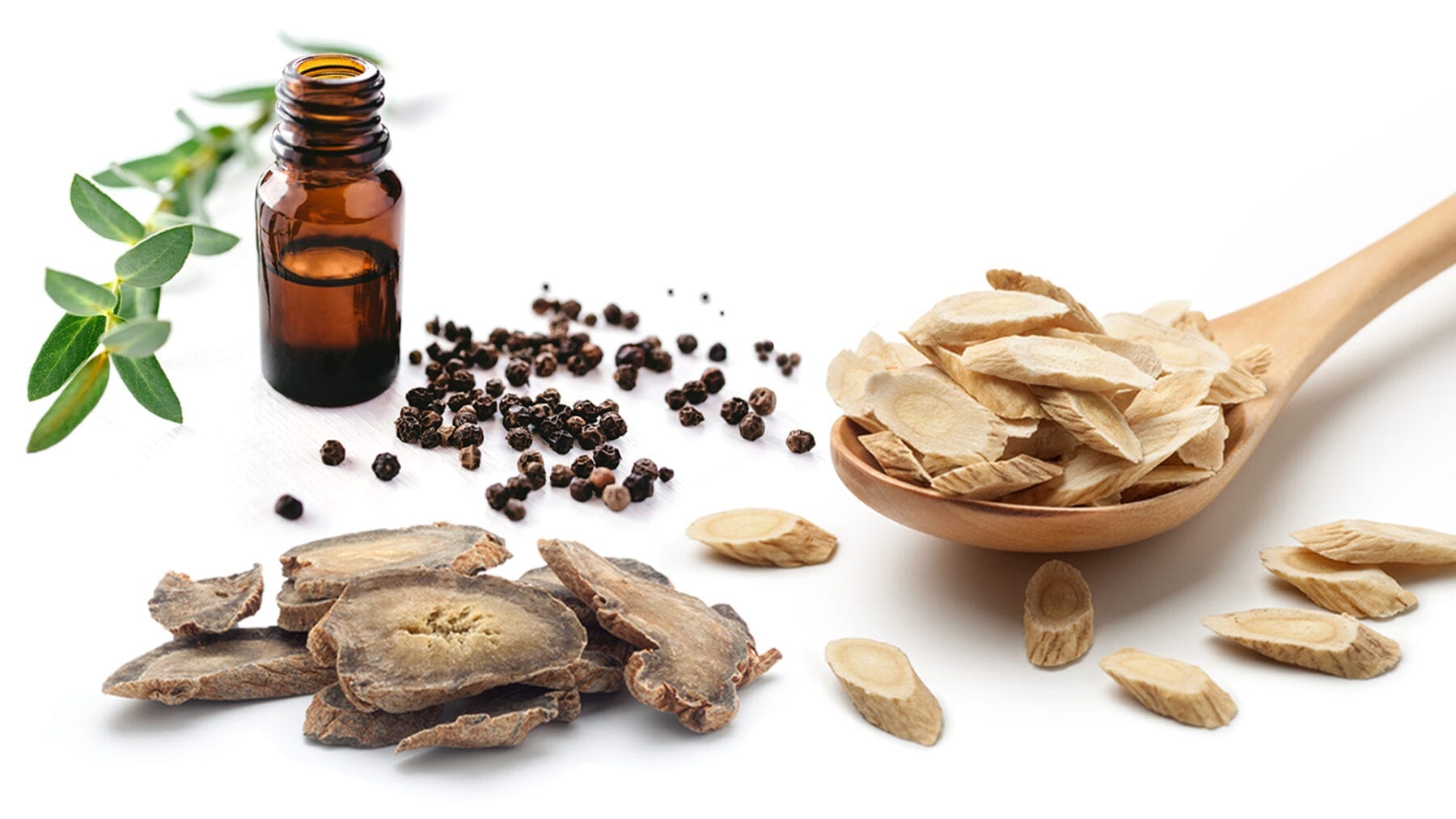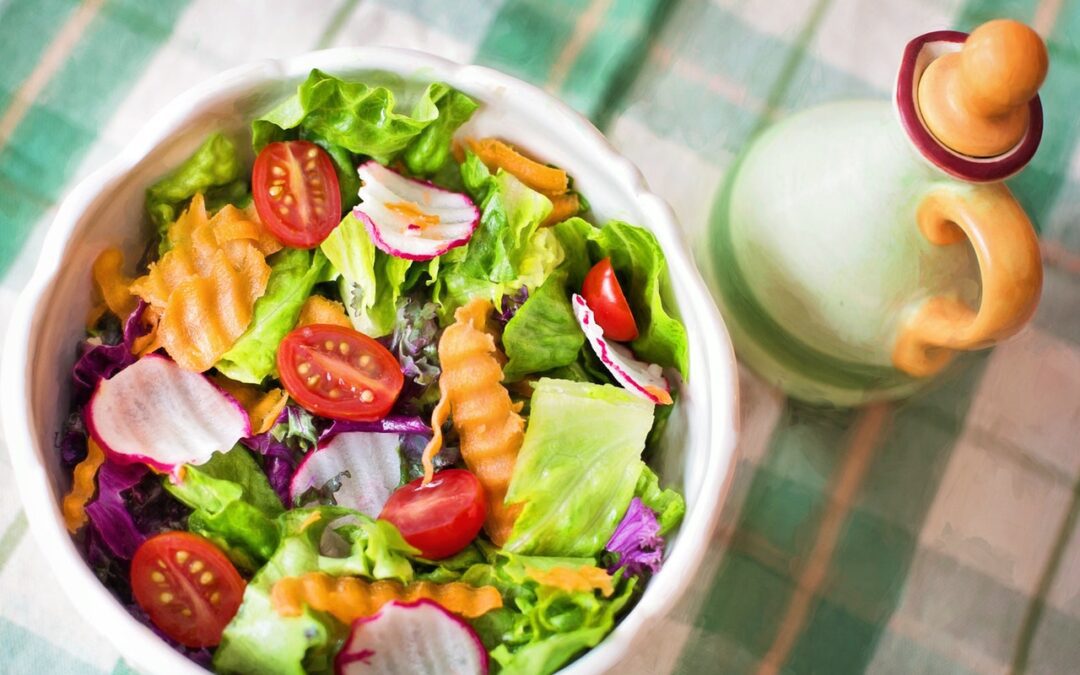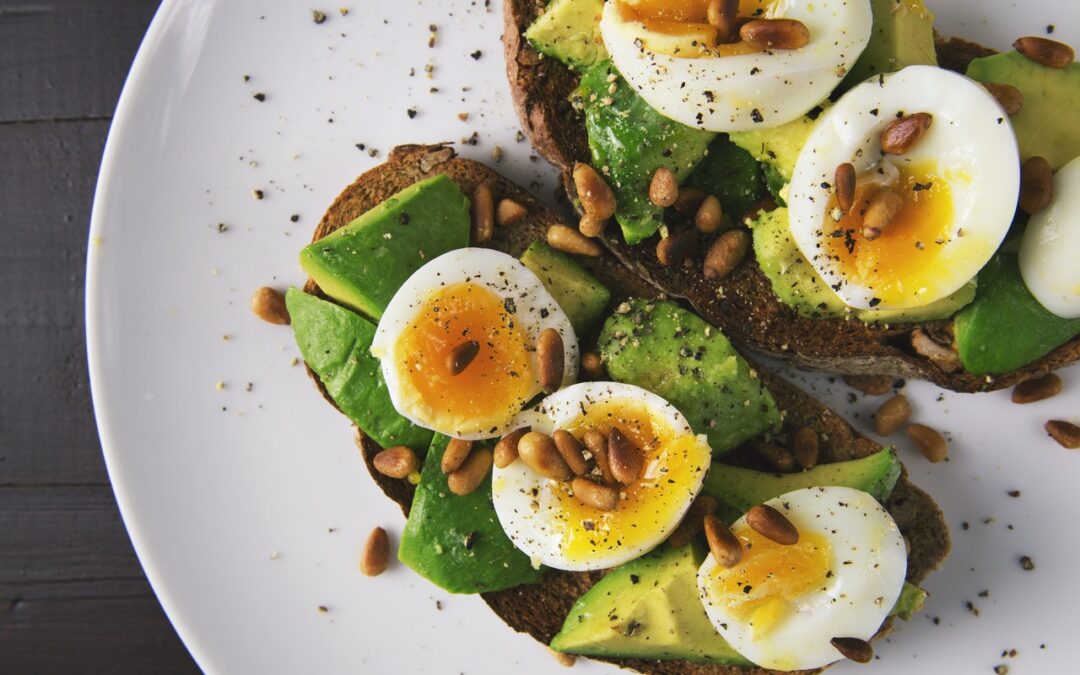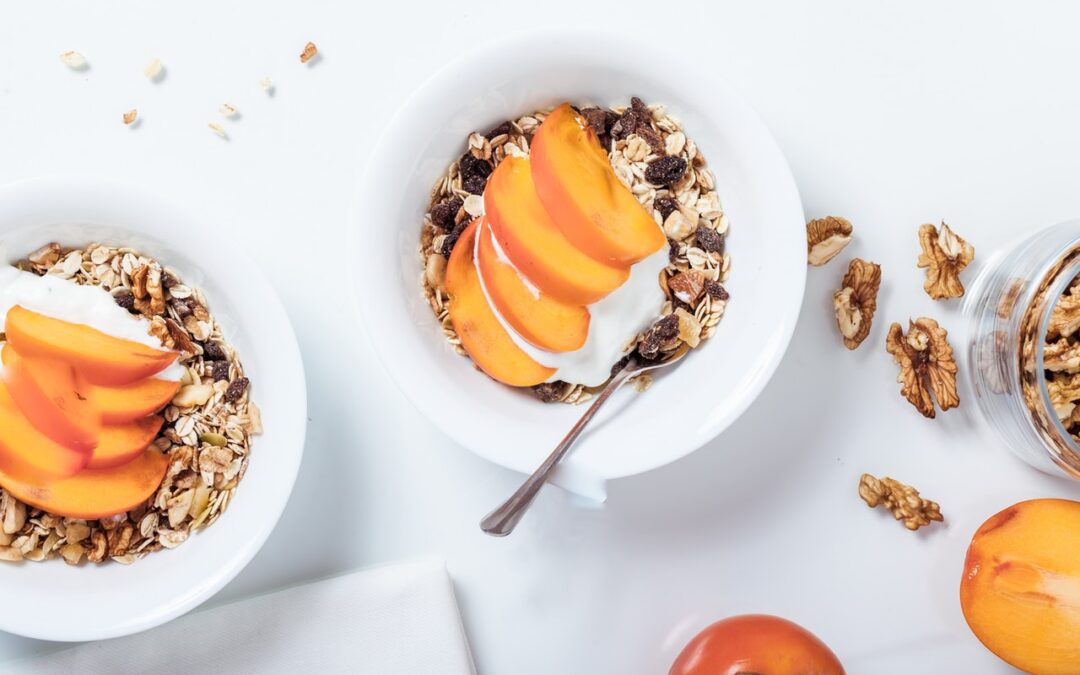
5 Foods That Fight Sleeplessness

Written by Akeel Salahudeen
Final Year Medical Student
May 4, 2021
CATEGORIES
View All
BioWOW Foods® Safety/Quality
Full-Body Workouts
Healthy Eating
Joint Health
Self-Care Strategies
Supplements Guide
Featured Videos
There are a few practices you can follow to fall asleep better and wake up more refreshed. Certain foods have been proven to help you get a good night’s rest and sleep. Let’s explore what these all-natural foods that promote quality sleep.
1.) Milk:
‘Night-time milk’ is a name given to the popular concoction of having warm milk at night. Warm milk has been proven to improve sleeplessness because it is packed with 4 important sleep-promoting components: Melatonin, Tryptophan, Vitamin D, and Calcium.
The anti-inflammatory properties of milk help a person relax. It is recommended to drink a cup of warm milk before going to sleep.
2.) Nuts:
Several nuts, such as Almonds, Walnuts, Cashew Nuts, etc., are known to promote sleep, especially in those suffering from insomnia.
These nuts are rich sources of Melatonin, Magnesium, and Zinc, all of which are known to optimize the natural sleep cycle and help a person sleep peacefully at night.
3.) Kiwi:
Having at least two kiwis before bedtime has been proven to help a person sleep faster and better, along with increasing the average sleep time.
This is because the kiwi is a rich source of several minerals, including Potassium and Folate, which combat their respective deficiencies. Either of their deficiencies gives rise to sleeplessness.
4.) Fatty Fish:
Fatty fish, such as Salmon, counters Vitamin D deficiency and improves the serotonin content in the body by providing Omega-3-fatty acids. This improves an overall good night’s sleep and helps fight insomnia.
5.) Rice:
Surprisingly enough, white rice, a carbohydrate, significantly improves the sleep cycle in sleepless people. This is because white rice has a high Glycemic Index (GI – it releases glucose more rapidly in the body after it is ingested), which enhances sleep and the onset of sleep.
Relying on these foods alone will not help you cure insomnia permanently. However, these foods, along with improving your other sleep habits, creating a relaxed environment, and keeping your mind at peace, are crucial to gaining more restful sleep.
References:
1.) Lin HH, Tsai PS, Fang SC, Liu JF. Effect of kiwifruit consumption on sleep quality in adults with sleep problems. Asia Pac J Clin Nutr. 2011;20(2):169-174. https://pubmed.ncbi.nlm.nih.gov/21669584/
2.) Reiter, R. J., Manchester, L. C., & Tan, D. X. (2005). Melatonin in walnuts: influence on levels of melatonin and total antioxidant capacity of the blood. Nutrition (Burbank, Los Angeles County, Calif.), 21(9), 920–924. https://doi.org/10.1016/j.nut.2005.02.005
3.) Rondanelli, M., Opizzi, A., Monteferrario, F., Antoniello, N., Manni, R., & Klersy, C. (2011). The effect of melatonin, magnesium, and zinc on primary insomnia in long-term care facility residents in Italy: a double-blind, placebo-controlled clinical trial. Journal of the American Geriatrics Society, 59(1), 82–90.
https://doi.org/10.1111/j.1532-5415.2010.03232.x












